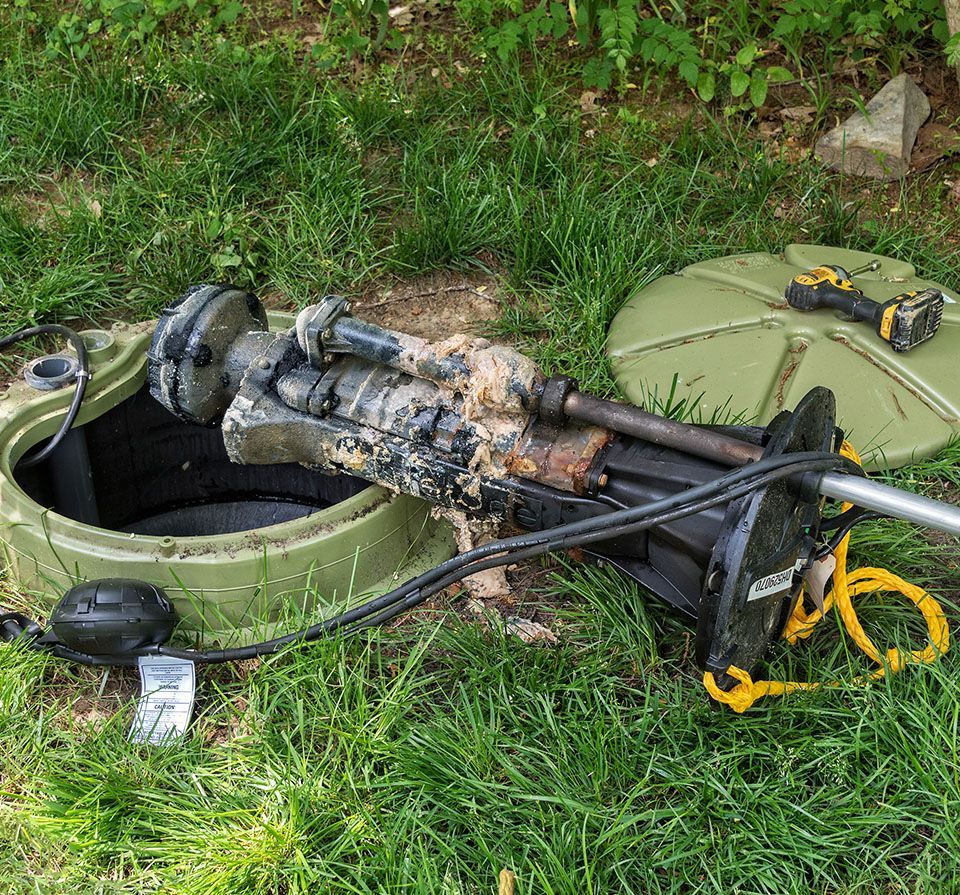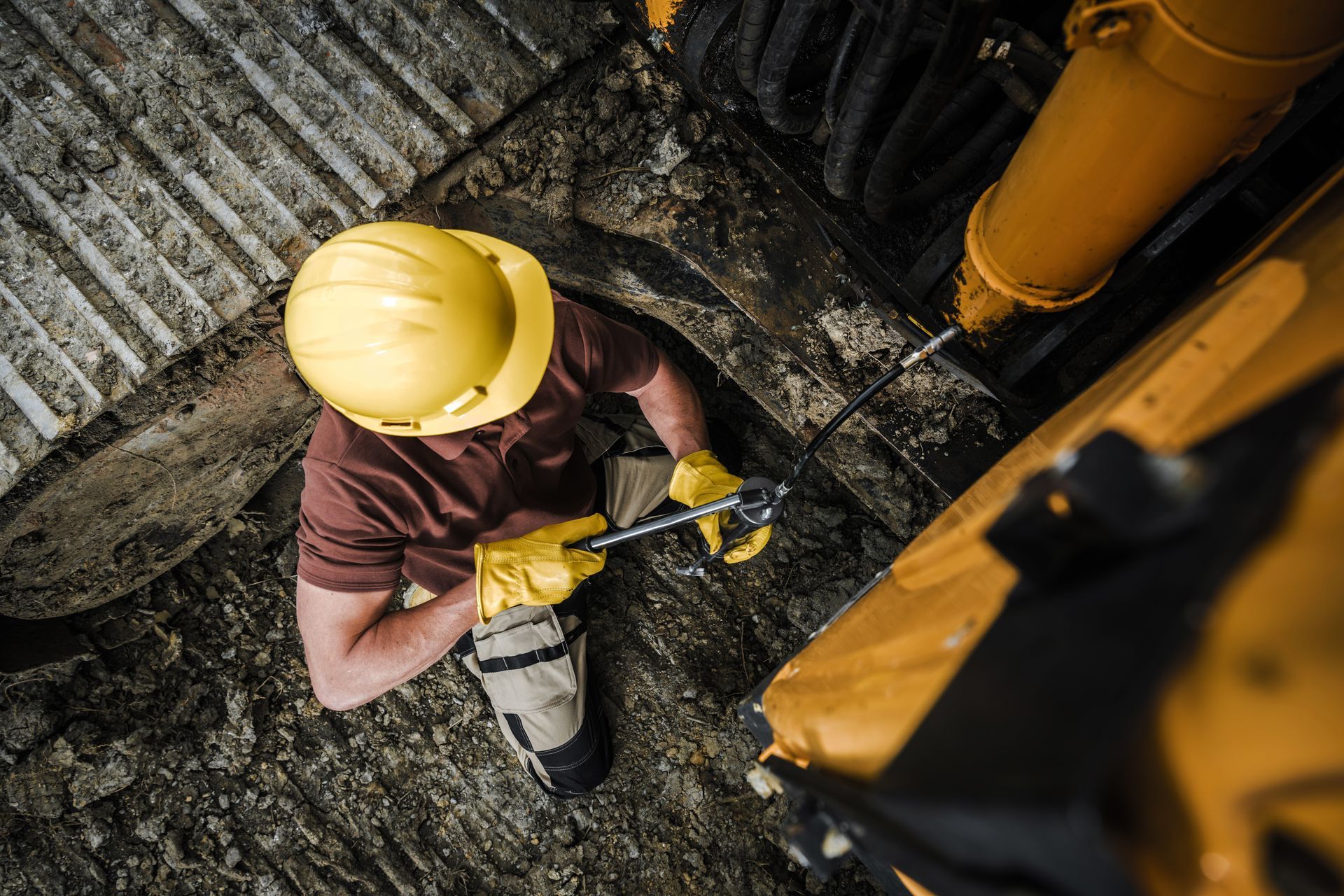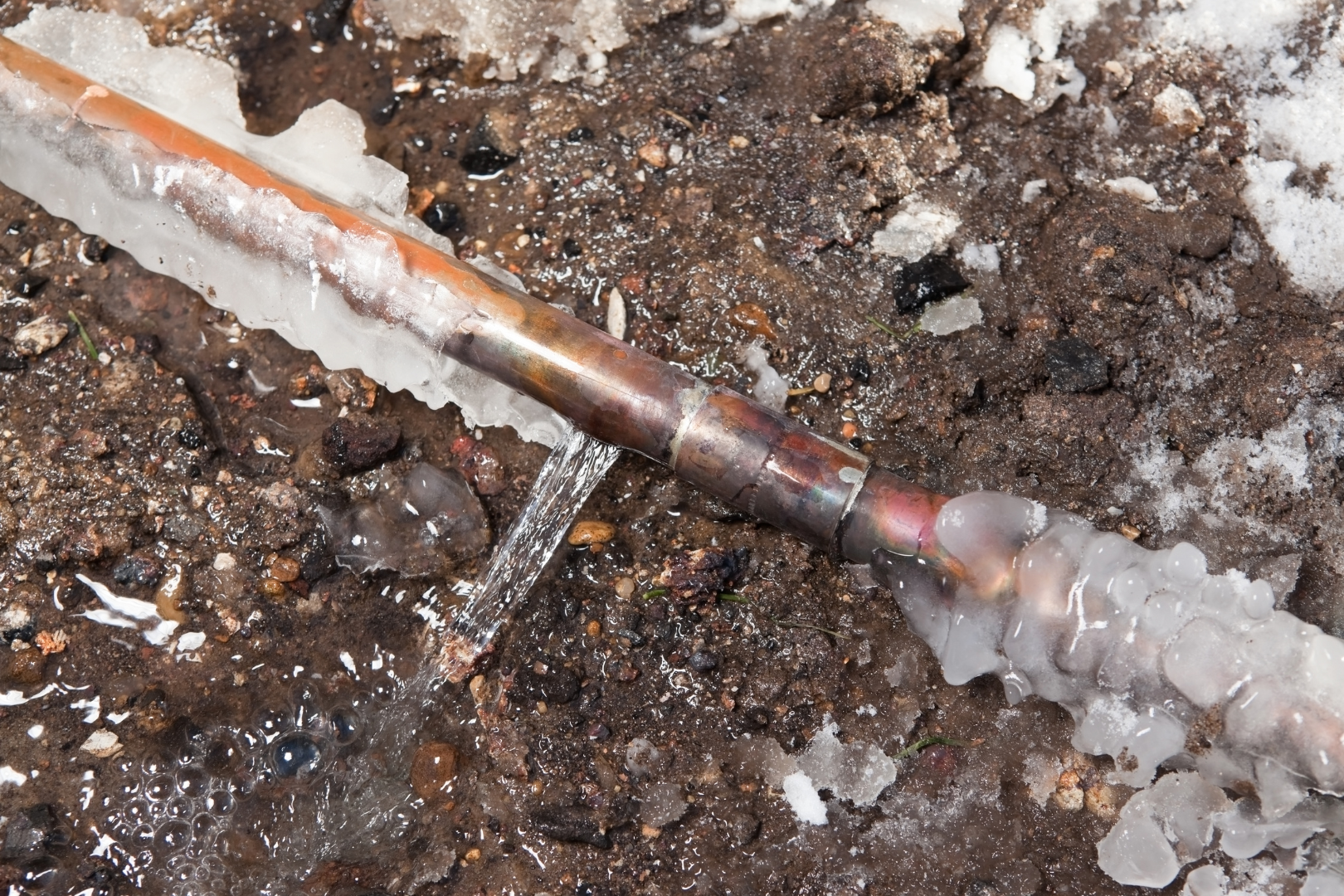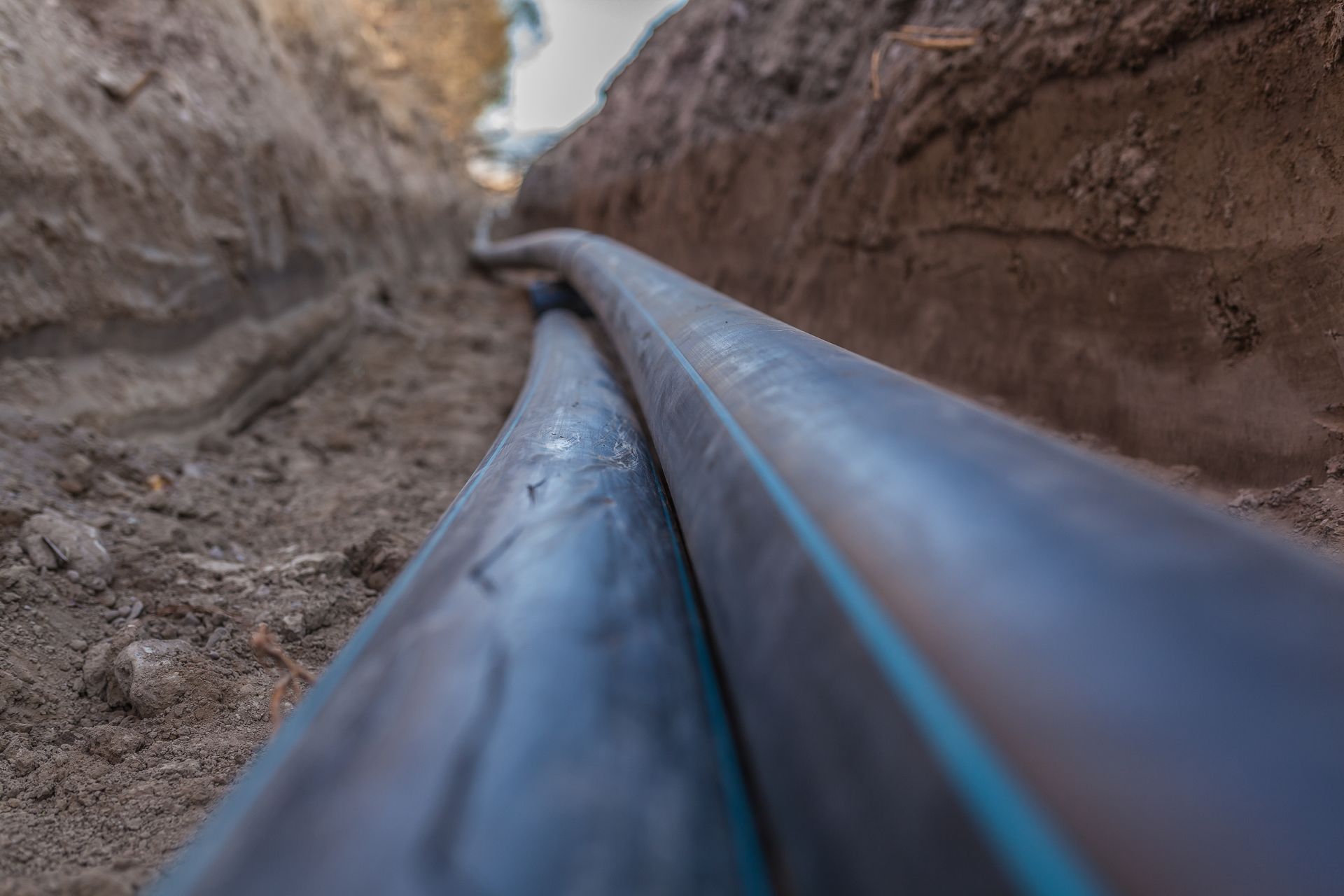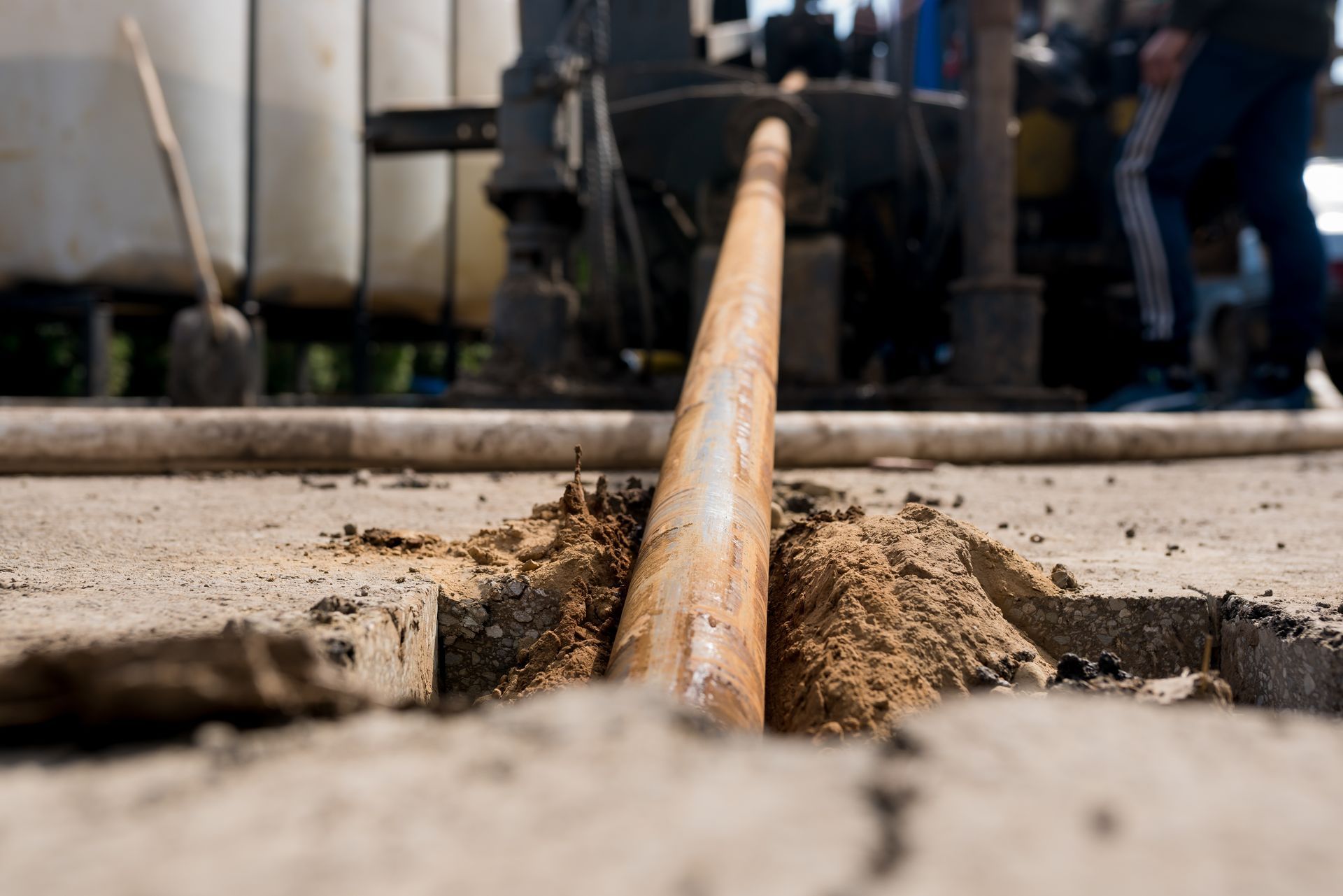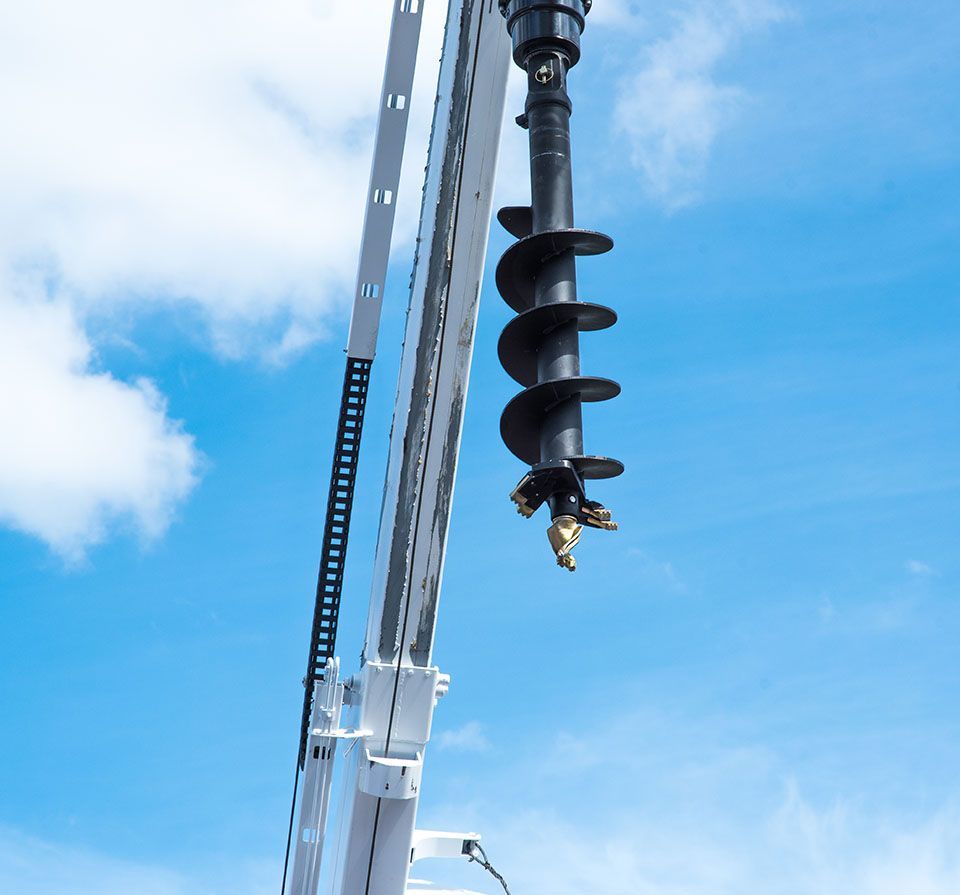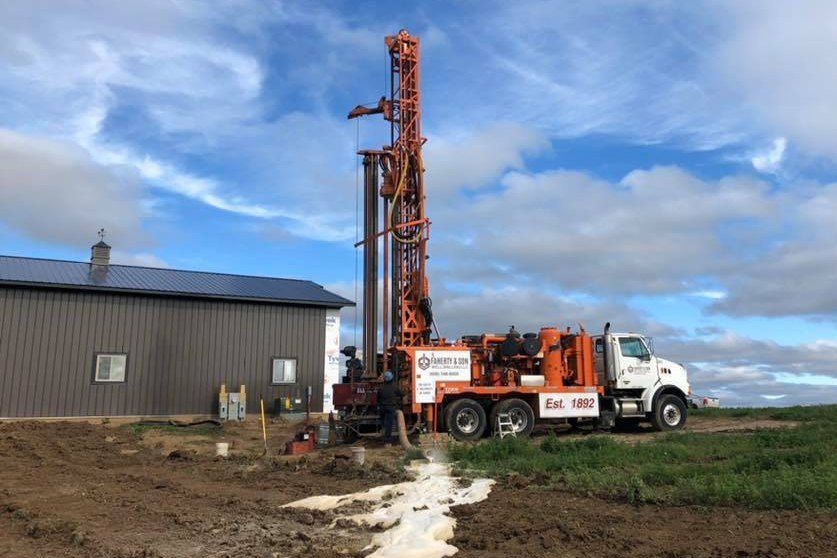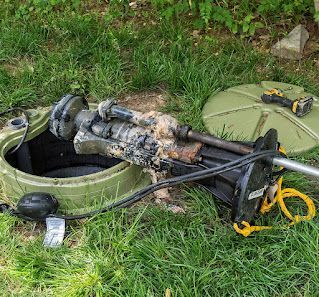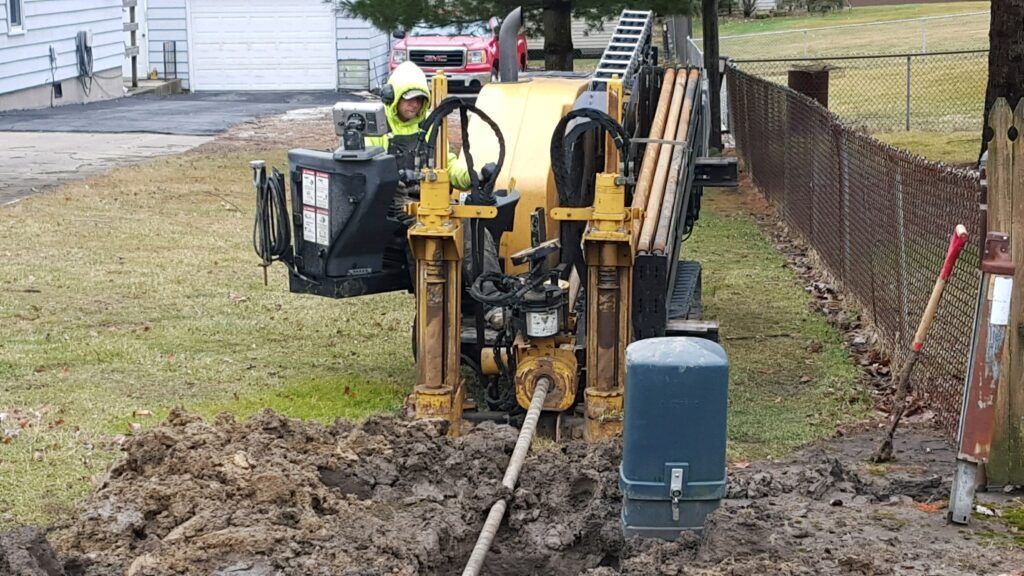How to Plan a Successful Water or Sewer Line Installation
When it comes to utility infrastructure, few things are more important than a properly installed water or sewer line. Whether you’re building a new home, expanding a commercial property, or upgrading aging pipes, the success of your project depends on proper planning from the start.
At
Pinpoint Directional Drilling Inc., we specialize in
precision water and sewer line installations across
Fort Wayne, Indianapolis, and South Bend. With over 20 years of experience, we know what it takes to get the job done right — efficiently, safely, and with minimal disruption.
Here’s a step-by-step look at how to plan a smooth, successful utility installation project.
1. Understand Your Needs and Site Conditions
Every installation starts with understanding
what you’re connecting and
where. Are you tying into a municipal water or sewer system? Is this a brand-new connection, or are you replacing old infrastructure? What’s underground already? Is the area paved, landscaped, or sloped?
Common questions to consider:
- Is this for residential, commercial, or municipal use?
- What size of line is needed based on flow requirements?
- Are there other utilities nearby (gas, electric, telecom)?
- Will the work require excavation or trenchless solutions?
A proper site assessment is essential to avoid costly surprises. That’s why our team starts every project with a detailed evaluation of soil conditions, access points, topography, and existing utilities.
2. Choose the Right Installation Method
There are two primary ways to install water and sewer lines:
Traditional Excavation
This method involves digging an open trench to lay the pipe. It may be appropriate for new builds or wide-open areas but can be disruptive and costly to restore.
Trenchless Excavation (Preferred)
Trenchless methods like
horizontal directional drilling (HDD) or
pipe pulling allow us to install or replace lines
without tearing up driveways, landscaping, or streets.
At Pinpoint, we specialize in trenchless solutions — which means:
- Less property damage
- Lower restoration costs
- Faster timelines
- Environmentally responsible methods
We’ll help you decide which method best suits your project based on location, pipe depth, and access.
3. Secure Necessary Permits and Approvals
Before breaking ground, it’s essential to obtain the proper permits and utility clearances. This includes:
- Local city or county construction permits
- Permission to connect to municipal water/sewer systems
- 811 utility marking (“Call Before You Dig”)
As your contractor, we assist with this process, ensuring all paperwork is in order and your project stays compliant with
Indiana codes and safety regulations.
4. Select the Right Materials
Not all pipe materials are the same. The type of pipe used depends on the application, pressure needs, and budget.
Common choices include:
- PVC or SDR-35 for sewer systems
- Copper, HDPE, or PEX for water lines
- Ductile iron or steel for commercial/industrial projects
We use
high-quality, code-approved materials designed for longevity, durability, and corrosion resistance. The goal is a utility system that lasts for decades with minimal maintenance.
5. Schedule the Installation and Notify Stakeholders
Once the plan is set, it's time to schedule the work. This may involve coordination with:
- Property owners
- Tenants or neighbors
- Utility companies
- City inspectors
We’ll walk you through the timeline and help notify anyone who may be affected — especially for multi-day or road-crossing jobs.
At Pinpoint, we pride ourselves on clear communication, so you’re never left wondering what’s next.
6. Conduct a Professional Installation
This is where having an experienced contractor makes all the difference.
During installation, we:
- Follow all local and state codes
- Use GPS-guided drilling and depth tracking (for HDD)
- Avoid utility conflicts using safe digging practices
- Perform quality control tests (e.g., pressure testing, camera inspections)
Every crew member on-site is trained in
safety procedures, precision techniques, and project documentation. Our goal? A seamless installation with no surprises and no do-overs.
7. Final Testing and Inspection
After installation is complete, it’s important to:
- Test the system for flow, leaks, and pressure
- Ensure proper connections and backflow prevention
- Have the work inspected (if required by your municipality)
Pinpoint Directional Drilling Inc. ensures
all water and sewer installations are tested and verified before we sign off on the job.
8. Restoration and Cleanup
If trenchless methods were used, surface restoration is minimal. For traditional excavation, we restore:
- Lawns
- Pavement
- Sidewalks
- Landscaped areas
We leave your property in excellent condition — often better than we found it. Cleanliness and professionalism are part of the job.
Why Planning Matters
Skipping steps or hiring an unqualified contractor can lead to:
❌ Code violations
❌ Leaks or clogs
❌ Property damage
❌ Project delays
❌ Higher long-term costs
With Pinpoint Directional Drilling Inc., you get
peace of mind, knowing your project is planned and executed by licensed professionals who care about doing the job right.
Serving Fort Wayne, Indianapolis & South Bend With Pride
Whether it’s a
residential sewer hookup, a
commercial water main extension, or a
municipal infrastructure upgrade, our team is here to help.
We’ve proudly served Indiana for over 20 years with:
✔ Licensed & insured crews
✔ Modern trenchless equipment
✔ Honest quotes and timelines
✔ Exceptional workmanship backed by reputation
Get a Free Quote for Water or Sewer Installation
Planning a new utility installation? Let’s start with a conversation.
At Pinpoint Directional Drilling Inc., we make utility projects easy, efficient, and worry-free. Let’s plan your next water or sewer line installation together.
